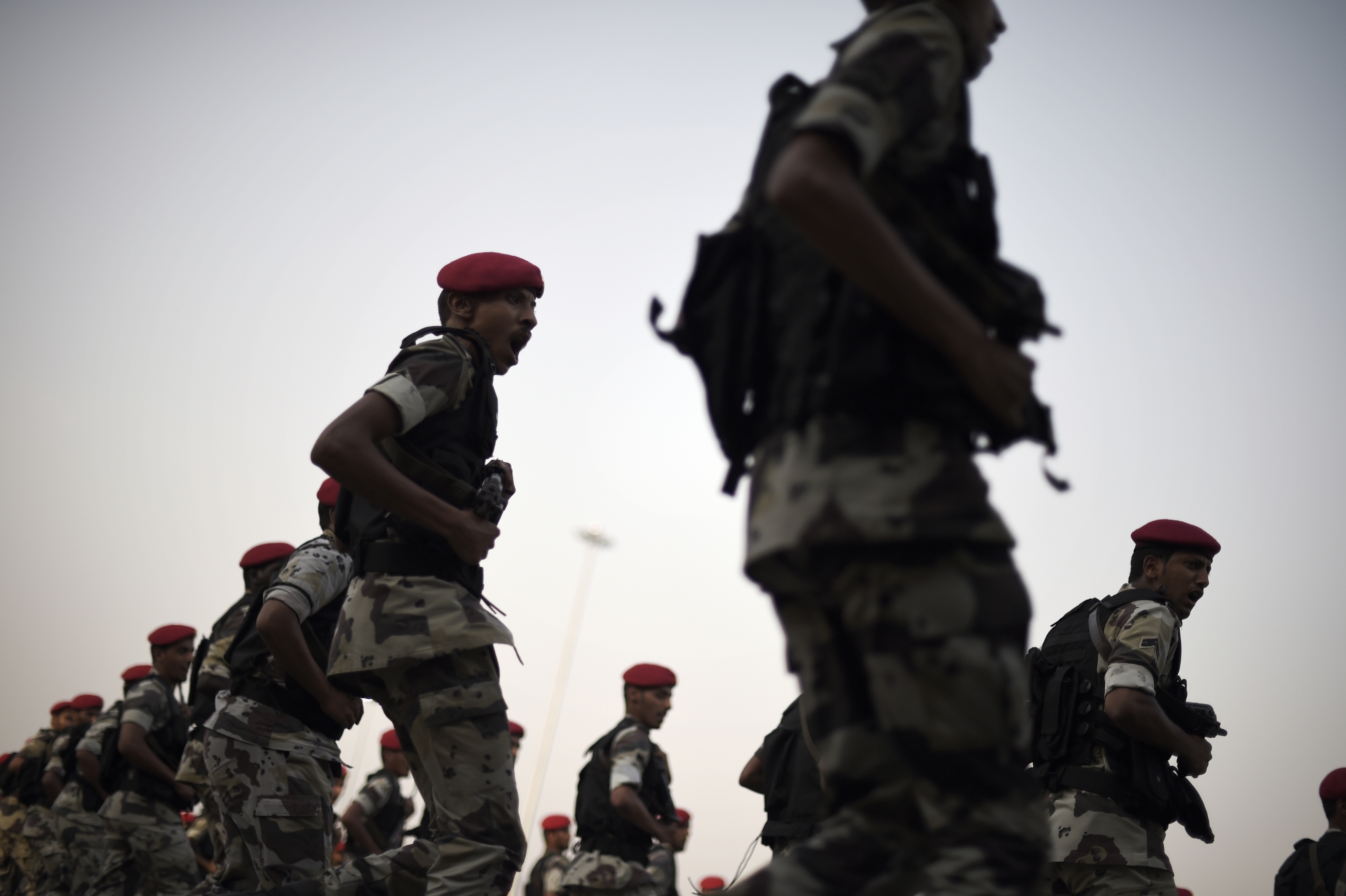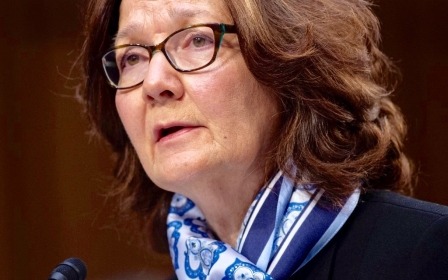UK admits to providing training to Saudis on internal security

The UK government has admitted that British military personnel are training Saudi internal security forces that protect the royal family on maintaining public order.
In response to a question tabled in the UK parliament by Labour politician Lloyd Russell-Moyle, the UK government said it has provided the Saudi Arabian National Guard with a variety of training "including occasional internal security training which includes a public order element."
"The British Military Mission provides training in appropriate and proportionate use of force, the rules of engagement, human rights compliance and de-escalation procedures in line with the principles of Her Majesty's Government's Overseas Security and Justice Assistance assessment," said Defence Minister Mark Lancaster.
UK involvement with the National Guard has been ongoing for years. In 2011, in response to a request made under the Freedom of Information Act, the UK government said British personnel were regularly running courses in "weapons, fieldcraft and general military skills training, as well as incident handling, bomb disposal, search, public order and sniper training".
'It is symptomatic of an extremely cozy and unethical relationship that has been damaging for the UK and dangerous for people in Saudi Arabia'
- Andrew Smith, CAAT
The admission was made shortly after the National Guard was deployed in neighbouring Bahrain to help suppress pro-democracy activists.
New MEE newsletter: Jerusalem Dispatch
Sign up to get the latest insights and analysis on Israel-Palestine, alongside Turkey Unpacked and other MEE newsletters
According to statistics from Campaign Against the Arms Trade (CAAT), since May 2015, the UK government has approved £1.3m worth of licences to Saudi Arabia for security and paramilitary police goods, including licences for anti-riot shields, body armour and military helmets.
Since 2012, the UK has also licensed around £3m worth of tear gas and £1m worth of CS grenades, although there have been no licences issued for tear gas since 2015.
Andrew Smith, from CAAT, said the revelation was "shocking" but "not surprising".
"It is symptomatic of an extremely cozy and unethical relationship that has been damaging for the UK and dangerous for people in Saudi Arabia," he told Middle East Eye.
"The Saudi regime is one of the most authoritarian in the world, and its police and military have been widely accused of torture and other abuses. The fact that UK soldiers are over there training the regime in how to maintain 'public order' is very concerning."
'Failed policies'
The issue of the UK's security cooperation with Saudi Arabia has long been highly controversial, largely due to the kingdom's involvement in the war in Yemen.
The Saudi-led coalition, which has been fighting Houthi rebels in the country since 2015, has been highly criticised for causing or exacerbating what the UN has described as the world's worst humanitarian conflict.
In June, the UK's Court of Appeal ruled that the government had made an error by failing to assess whether there was a risk that equipment sold to Saudi Arabia might be used in violation of international humanitarian law in Yemen.
The judgment did not order the Department of International Trade (DIT) to suspend current arms sales licences but meant that the government was unable to grant any new licences pending the DIT's appeal to the supreme court.
Andrew Smith said that following elections in the UK on 12 December, the new government needed to commit to re-evaluating its relationship with the kingdom.
"There must be a commitment to supporting human rights defenders and calling for meaningful democratic change," he said.
"There cannot be another term of the same failed policies of supporting despots and maximising arms sales."
Middle East Eye delivers independent and unrivalled coverage and analysis of the Middle East, North Africa and beyond. To learn more about republishing this content and the associated fees, please fill out this form. More about MEE can be found here.





